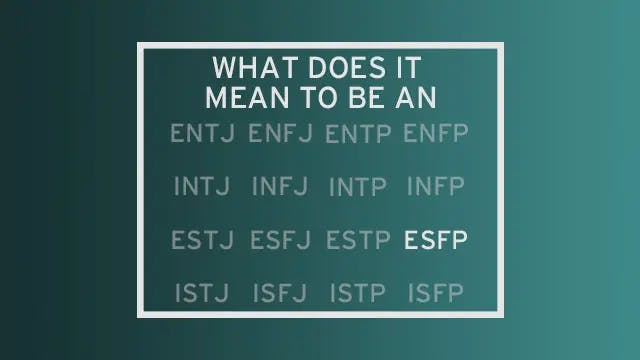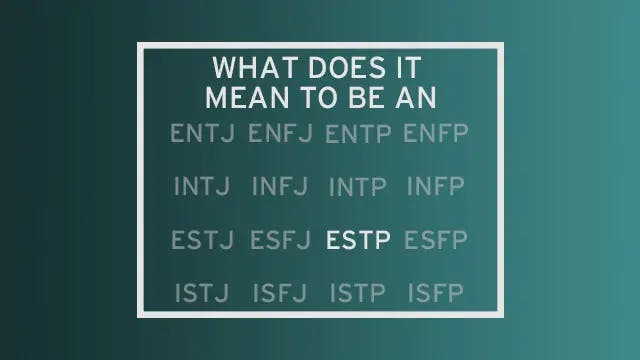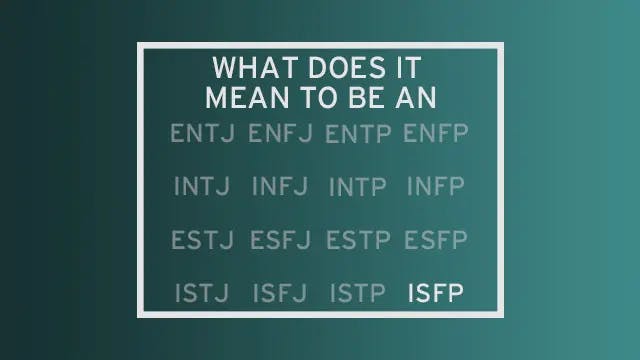
In this article, we take a look at the INTP personality type in the context of the Myers-Briggs Type Indicator (MBTI). INTPs are described as curious, innovative thinkers who value ideas and concepts over facts and details. They make decisions based on logic and reason, prefer to stay open to new information, and enjoy keeping their options open. We highlight that INTPs have a complex and introspective mind, are often lost in thought, and they approach spirituality with curiosity and open-mindedness.
INTPs may connect with Jesus by studying theological and philosophical aspects of Christianity, reflecting on Jesus's transformative teachings, and finding solace in solitary prayer and meditation. The article encourages INTPs to embrace their innate curiosity and seek connections with Jesus that align with their unique perspective.
The Basics of Being an INTP
INTP stands for introverted, intuitive, thinking, and perceiving. These 4 letters simply attempt to describe how you interact with the world.
Leading with introversion, INTPs typically prefer to spend time alone, and it’s this alone time or in very small groups that helps them recharge and gain energy. INTPs may not necessarily be shy or antisocial, but they certainly need their personal space to recharge. The INTP’s intuitive trait means they’re more interested in ideas and concepts than facts and details. They love theories and the big picture and may enjoy a good mental puzzle.
The INTP’s thinking aspect means they make decisions based on logic and reason. They value truth and accuracy, and they’re not afraid to question anything and everything. Their perceiving trait indicates that they prefer to stay open to new information and options instead of making rushed decisions. They’re flexible, adaptable, and to be honest, a bit of a rule-bender. They don’t typically subscribe to a rigid schedule and prefer to keep their options open to opportunities that might arise.
The INTP Mind
The mind of the INTP is an endless labyrinth of thoughts and ideas. They create theories and are endlessly interested in how things work and how they could work better. They’re the one sitting quietly in the corner at a party, observing and analyzing the crowd, or the one lost in a world of thought while walking or sitting in a café. INTPs may come across as aloof or disconnected, but typically they’re not being rude, they’re just lost in thought.
How INTPs Can Connect with Jesus
So, how can INTPs in their boundless curiosity and theorizing connect with Jesus? By simply doing the things that come naturally to them, INTPs can foster a closer connection to Jesus.
First, INTPs might find value in studying and contemplating the theological and philosophical aspects of Christianity. INTPs love to understand systems and concepts, and Christianity has centuries' worth of theological, philosophical, and even traditional exploration to delve into. Reading scholarly texts, engaging in theological debates, and pondering paradoxes could be a fulfilling way for INTPs to connect with Jesus.
Second, consider the transformative teachings of Jesus. Jesus was a revolutionary figure who turned societal norms upside down, which might resonate with the INTP’s own non-conformist tendencies. Reflecting on these teachings and their implications, and applying them in novel ways to modern society, could be a powerful form of worship for the INTP.
And finally, don't underestimate the power of solitary prayer and meditation. As an introvert, INTPs might find that the quiet, introspective act of prayer provides a deep spiritual connection. Like Jesus who often retreated alone for prayer, the INTP might discover a unique connection in the quiet moments of solitary contemplation.
At the end of the day, being an INTP means being curious, innovative, and thoughtful. It means questioning, exploring, and constantly seeking a deeper understanding of the world around you. And whether it's through deep theological study, reflection on Jesus's teachings, or solitary prayer, there's a pathway for the INTP to connect with Jesus in a way that speaks to their uniquely wonderful INTP mind.
It’s important to remember that the MBTI is simply a set of preferences that might help you put language around how you think and function. These thoughts are not the end-all be-all for what it means to be an INTP, and I encourage you to look through these ideas and take them with a grain of salt. This is all descriptive not prescriptive. I hope you find encouragement in this article that helps you connect with Jesus on a deeper level.



